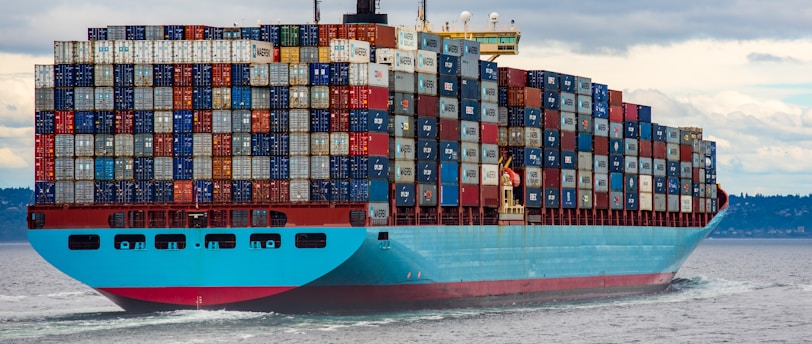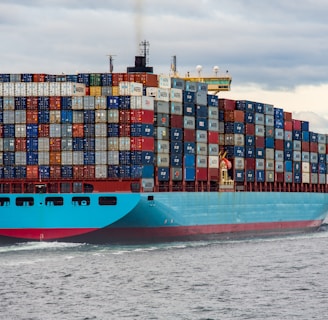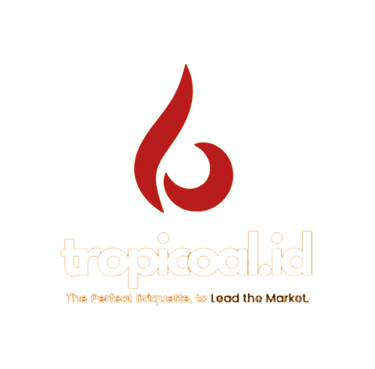Understanding Incoterms: FOB vs. CIF and Which is Right for Your Import Business
A clear guide for B2B importers on Incoterms. We explain the difference between FOB and CIF, and help you decide which shipping term is best for your business.
NEWS
Tropicoal Team
9/16/20252 min read


In the language of international trade, few terms are as fundamental as Incoterms. These globally recognized rules define the responsibilities of sellers and buyers for the delivery of goods. For a charcoal importer, understanding the two most common Incoterms—FOB and CIF—is essential for managing costs, controlling logistics, and mitigating risk.
What is FOB (Free On Board)? Under FOB terms, the seller (the exporter, like Tropicoal.id) is responsible for all costs and risks until the goods are loaded on board the ship at the designated port of origin (e.g., Port of Surabaya, Indonesia).
Seller's Responsibility: Production, packaging, inland transport to the port, and loading charges.
Buyer's Responsibility: Once the goods are on the vessel, the buyer (you, the importer) takes over. You are responsible for the main ocean freight cost, marine insurance, and all costs and risks from that point to your final destination.
Pros for the Importer:
Control: You have complete control over your choice of shipping line and freight forwarder, allowing you to shop around for the best rates.
Cost Transparency: You see the exact cost of the shipping, giving you a clearer picture of your total landed cost.
What is CIF (Cost, Insurance, and Freight)? Under CIF terms, the seller is responsible for the cost of the goods, the insurance, and all freight charges to get the product to the importer's designated port of destination (e.g., Port of Jeddah, Saudi Arabia).
Seller's Responsibility: Everything included in FOB, PLUS the cost of the main ocean freight and a minimum level of marine insurance.
Buyer's Responsibility: The buyer's responsibility begins only when the ship arrives at their named port. They are then responsible for import duties, customs clearance, and inland transport to their warehouse.
Pros for the Importer:
Convenience: It’s a simpler, one-stop-shop price from the seller. This is often preferred by new or less experienced importers.
Less Upfront Work: The seller handles the complex process of booking the freight.
FOB vs. CIF: Which is Right For You? There is no single right answer, but here is a general rule of thumb:
Choose FOB if you are an experienced importer or want maximum control over your costs. By managing your own freight, you can often find better deals and have more flexibility.
Choose CIF if you are new to importing or prefer a simpler, more hands-off approach, even if it might come at a slightly higher total cost.
Conclusion: A Sign of a Good Partner A professional supplier should be flexible and able to provide quotes for both FOB and CIF terms to suit your business needs. They should be transparent about what is included in their pricing and be able to provide the necessary weight and dimension data for you to get your own freight quotes. Understanding these terms empowers you to be a more effective and profitable importer.
Tropicoal.id is experienced in global logistics and is happy to provide quotations on either FOB or CIF terms to best serve our partners.
Contact
Cluster Rossini, Jalan Rossini Selatan II No. 10 Tangerang Regency 15330
Support
Premium Charcoal Briquettes for Shisha and BBQ. Clean burn, minimal ash, and long-lasting heat for superior flavor and performance.
Follow Us


